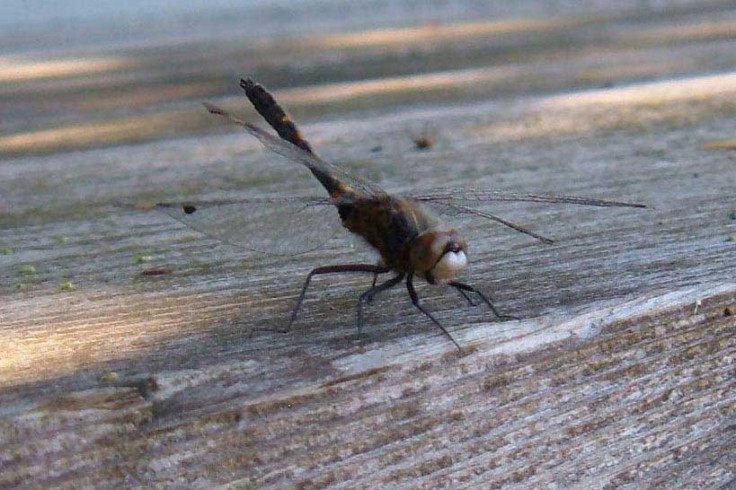Scared to Death, Even Without Threat of Being Eaten

In the world of eat or be eaten, one tactic surprisingly works for some predators: Scare their prey to death.
Fish love to eat dragonflies, helicopter insects that raise their young in water, but the love isn't reciprocated.
In fact, when dragonflies live in the presence of the enemy - that would be fish - the insects die off even if protected against actually being eaten by fish.
Seems like the stress really gets to the nymphs, enough to kill them.
As we learn more about how animals respond to stressful conditions - whether it's the presence of predators or stresses from other natural or human-caused disruptions - we increasingly find that stress brings a greater risk of death, presumably from things such as infections that normally wouldn't kill them, said Locke Rowe, ecologist at the University of Toronto who co-led the study published in the journal Ecology on Thursday.
Researchers raised juvenile dragonfly larvae (Leucorrhinia intacta) in aquariums or tanks along fish predators so the dragonflies could see and smell their predators, but the predators could not actually eat them.
Larvae exposed to predatory fish or aquatic insects had survival rates 2.5 to 4.3 times less than those not exposed. What we found was unexpected - more of the dragonflies died when predators shared their habitat, Rowe said.
In a second experiment, 11 percent of larvae exposed to fish died as they attempted to grow into adults, compared to only 2 percent of those growing in a fish-free environment.
How prey responds to the fear of being eaten is an important topic in ecology, and we've learned a great deal about how these responses affect predator and prey interactions, Rowe said.
© Copyright IBTimes 2024. All rights reserved.





















